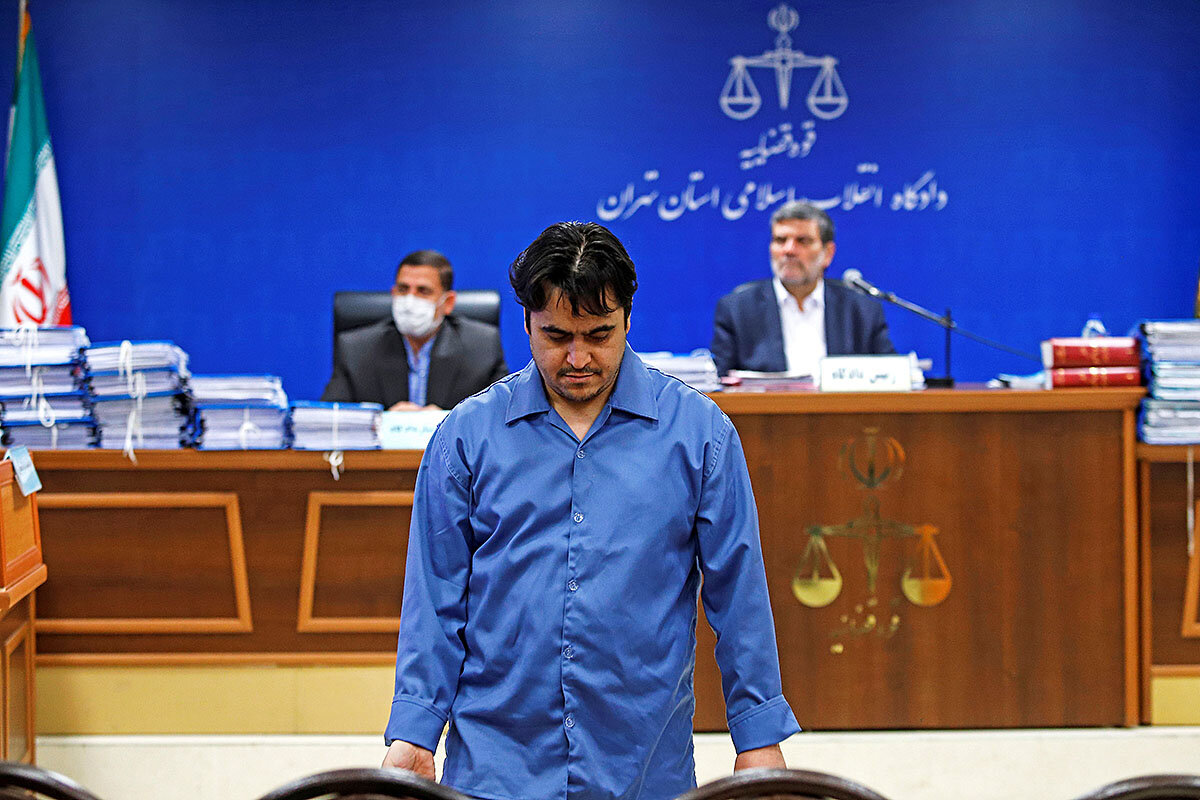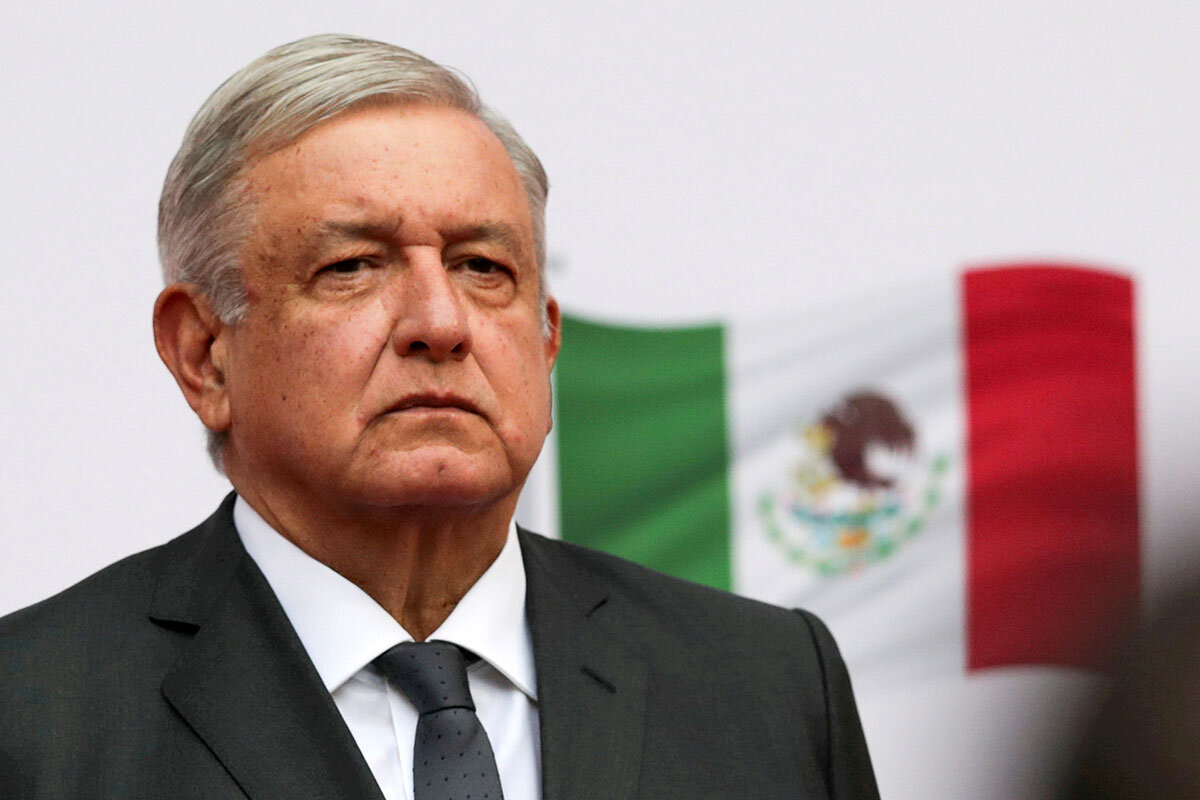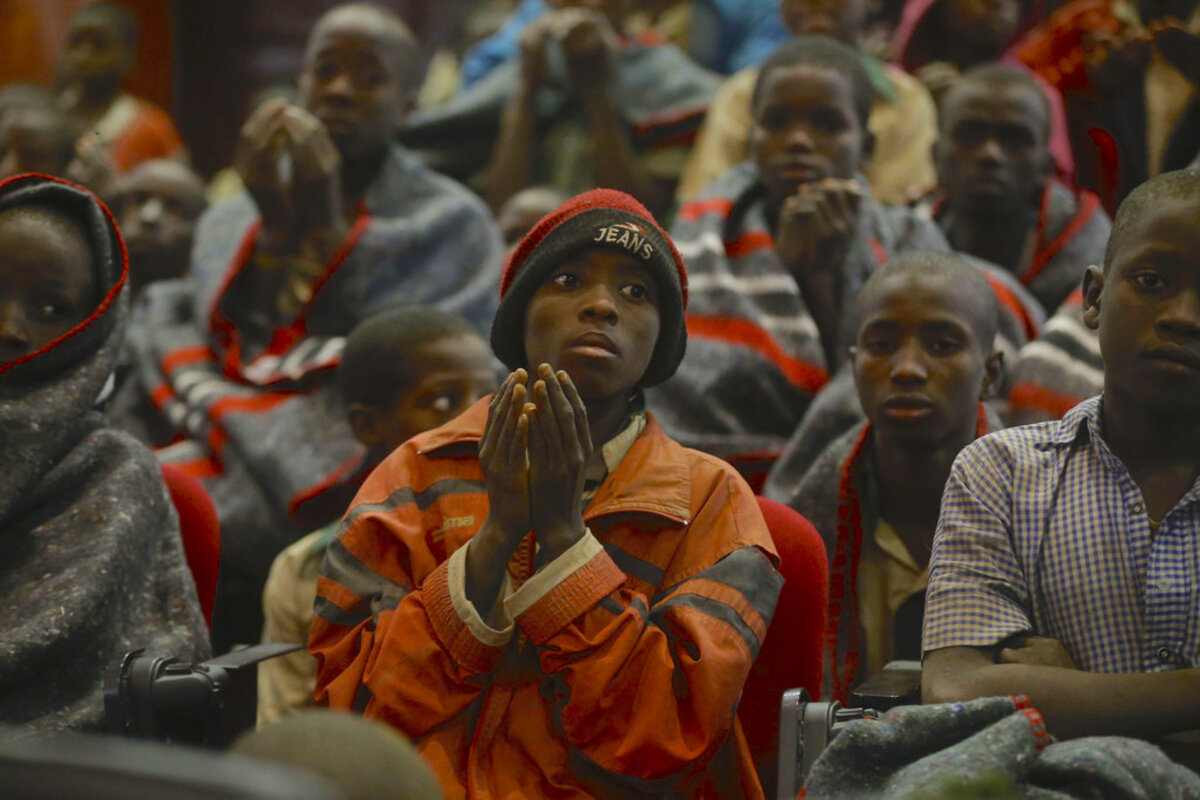As the Peach State hurtles toward Jan. 5 runoff elections that will determine control of the U.S. Senate, Republicans are still warring over the November vote – a sign of the hold President Trump continues to exert over the party.
Monitor Daily Podcast
- Follow us:
- Apple Podcasts
- Spotify
- RSS Feed
- Download
 Linda Feldmann
Linda Feldmann
Takashi Oka, a former longtime Monitor correspondent who died earlier this month, was a quiet man with a mighty voice. In his six decades in journalism, he covered the world, from Beijing and Moscow to Paris and Tokyo. He also did stints at The New York Times and as editor of Newsweek Japan.
His impact on perceptions of his native country reached widely, both within journalism circles and beyond, as he shared insights on Japan’s postwar trajectory.
He was insatiably curious. At an age when many have put their feet up, Takashi – or “Tak,” as Monitor old-timers remember him – remained eager to try new things, returning to Tokyo for Monitor TV and traveling the region, including a stay in a yurt in Mongolia.
“He had an adventurous spirit,” recalls former Monitor editor David Cook.
Even in retirement, Tak kept going. At age 84, he earned a Ph.D. from Oxford in political science. He worked in Japanese politics. And he wrote op-eds for the Monitor, including a moving essay on the 60th anniversary of Pearl Harbor, three months after 9/11.
As Takashi’s obituary in the Times recounts, his voice literally played a role in the aftermath of World War II, when (at age 21) he served as the interpreter for Hideki Tojo, the imperial army general and prime minister, at the war crimes tribunal.
At the Monitor, he’s remembered as a mentor. Home Forum editor Owen Thomas recalls, as a college student in London, meeting Takashi and being encouraged in his writing. I’ll never forget my lunch with Tak at his favorite sushi place in Washington; he did all the ordering.
More profoundly, Takashi is also remembered as a lifelong Christian Scientist, who thought deeply about the world – and his own attitudes. In an essay in the Christian Science Sentinel in 1946, he writes of how he overcame feelings of Japanese nationalism.
He was inspired by the testimony a Japanese friend had given in America shortly after the outbreak of war. In it she said, “I do not have to think American thoughts. I do not have to think Japanese thoughts. I have to think God’s thoughts.”
From that, Takashi writes, “I saw clearly that what was needed was to see things in the light of divine Principle and not of nationality.”










